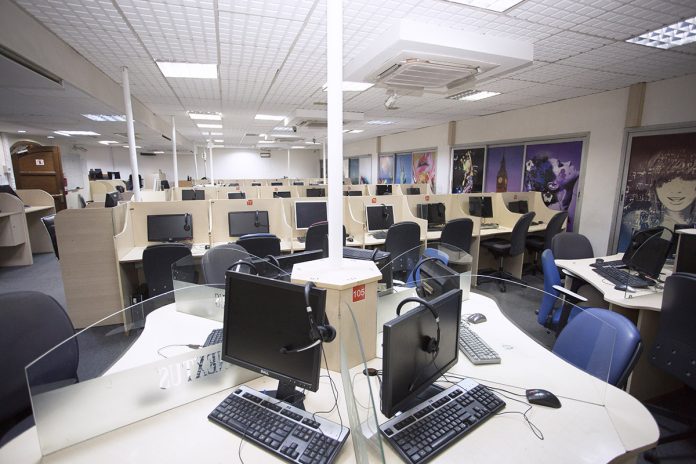Small and medium-sized enterprises (SMEs) are the backbone of Morocco’s economy, making up over 95% of the country’s business landscape. These enterprises are crucial in driving employment, economic growth, and reducing regional disparities. Yet, despite their undeniable importance, Moroccan SMEs face significant challenges that hinder their full potential to contribute to the nation’s economic growth.
Moroccan SMEs are omnipresent, spanning sectors from industry and services to crafts and trade. Their contributions are substantial, accounting for around 40% of private investments and 30% of the country’s exports. This strong presence highlights their essential role in creating added value and energizing the local economy.
Despite their economic weight, Moroccan SMEs face numerous obstacles. Access to financing is a major hurdle, limiting their capacity to invest and expand. Complex administrative processes and heavy regulations also create barriers, stalling the creation and growth of these businesses. Additionally, the lack of tailored training programs and support structures dampens the competitiveness and innovation potential of Moroccan SMEs.
In this context, Italy provides an inspiring model for supporting SMEs. By fostering a dense network of SMEs and specialized family businesses, Italy has risen to become the world’s fourth-largest exporter, even overtaking Japan’s economy in this area. This success is primarily due to Italy’s family-owned companies, often clustered in industrial districts specializing in sectors like fashion, food, and precision mechanics. Remarkably, these Italian firms export up to 90% of their output, showcasing the power of a vibrant, well-structured entrepreneurial ecosystem.
To enable Moroccan SMEs to fully realize their role as economic engines, Morocco must adopt tailored measures. Simplifying access to finance is essential, involving streamlined financial mechanisms and adequate guarantees for SMEs. Cutting down on bureaucratic hurdles could encourage the creation and growth of SMEs, reducing the red tape that often discourages entrepreneurs. Furthermore, bolstering ongoing training and establishing targeted support structures would enhance the managerial and technical skills needed for SME success. Promoting innovation and export activities would further strengthen their international competitiveness, drawing from successful models like Italy’s.
By implementing these strategies, Morocco can enhance the competitiveness of its SMEs and drive sustainable, inclusive economic growth across the country.





